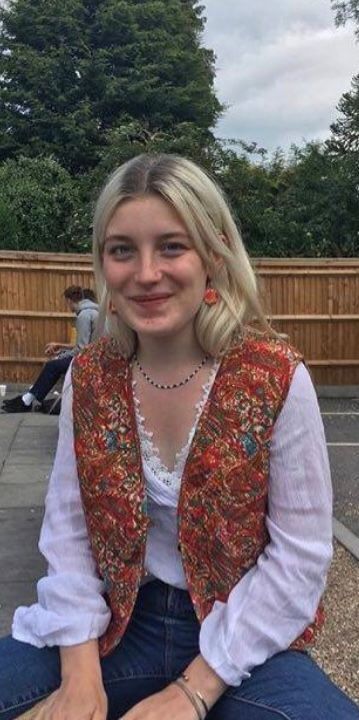By Ann Beatty
•
April 4, 2025
Sparks Bristol is a collaborative community project initially envisioned by The Global Goals Centre, (GGC) more of which below. A few years ago, GGC took over an empty Marks and Spencer store and that’s how Sparks was born. Sparks is a department store with a difference, co-created by Global Goals Centre and Artspace Lifespace. On the ground floor is a huge range of shops, installations, events and more. Upstairs is a hub for local artists, it offers affordable studios as well as rehearsal and performance space. The Global Goals Centre is a Bristol-based educational charity inspired by the Sustainable Development Goals. (SDGs). GGC believe the SDG’s or Global Goals as they are sometimes known, can be reached, with imaginative solutions and widespread education and engagement. They work with partners to promote creative solutions and deliver ground breaking projects that work towards these ambitious goals. The Steve Sinnott Foundation supported the Global Goals Centre with seed funding when it first started over 5 years ago. This month we went to visit them to see how they are getting on and we were taken aback by the volume of work they have achieved since they started. It is amazing to see how though working together with other local community groups it has grown into the vibrant centre it is today. All of the creative projects they host are linked to the SDGs. They cover topics that tackle poverty, education, climate change, fashion recycling and upcycling, to name a few.





